Think Outside the Vox
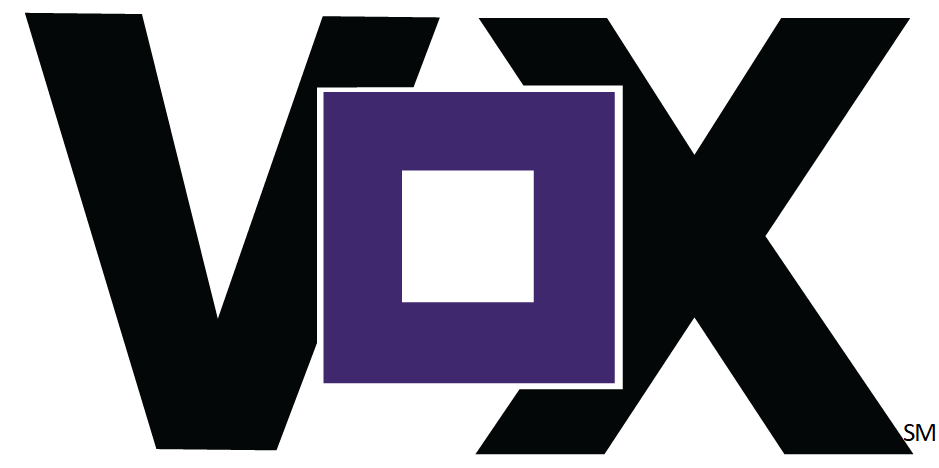
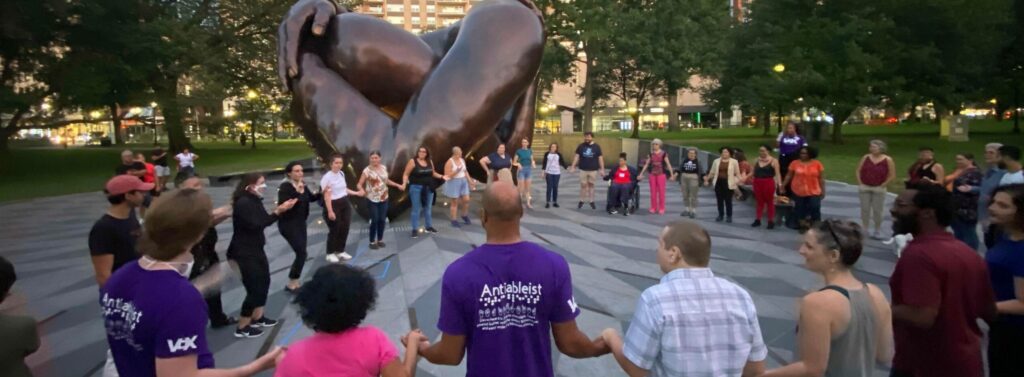
We provide arts access consulting and training that centers on anti-ableist/anti-racist disability culture for arts institutions. By customizing access plans equitably and sustainably, we aim to implement measurable change within the sector. Vox focuses on widening the breadth and scope of accessible programming by facilitating the hiring of disabled and marginalized artists and experts.
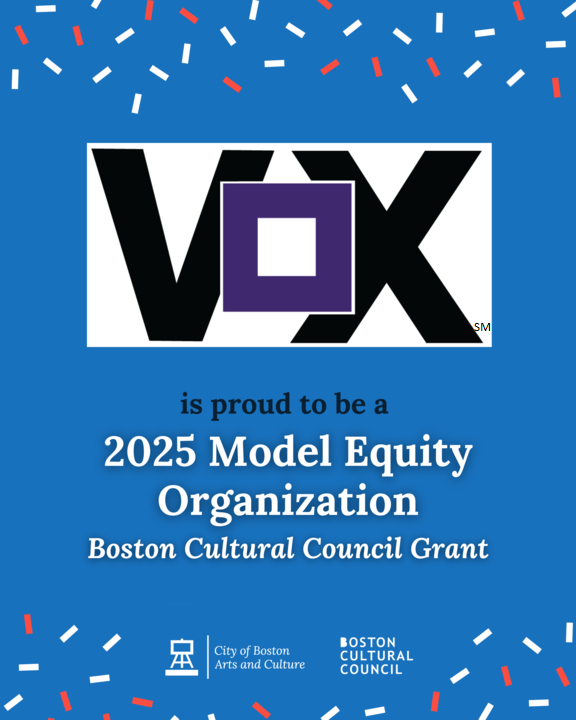
We are grateful to the foundations and organizations that partner with us, support our work and further our mission.
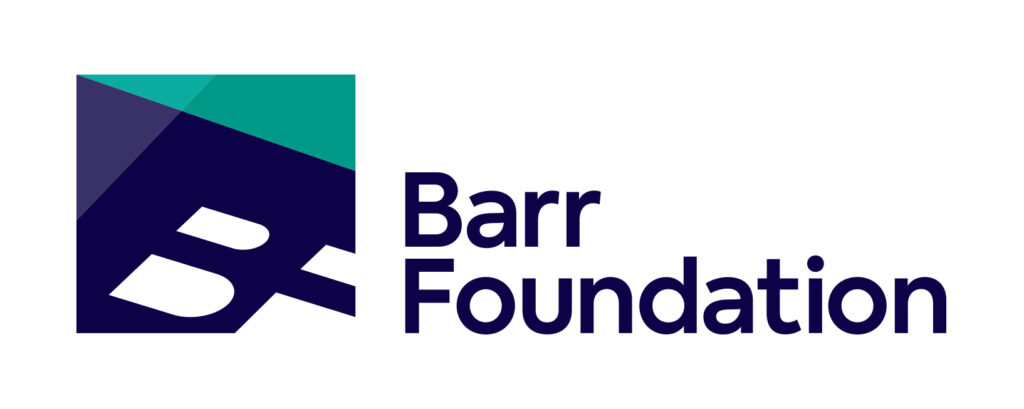
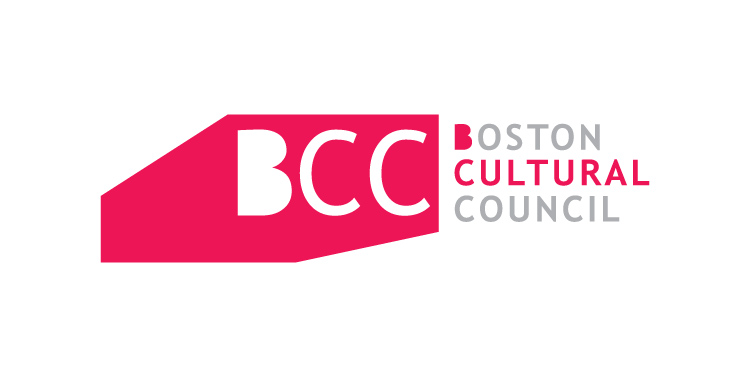
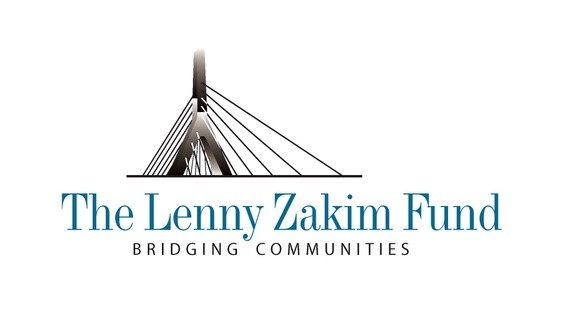
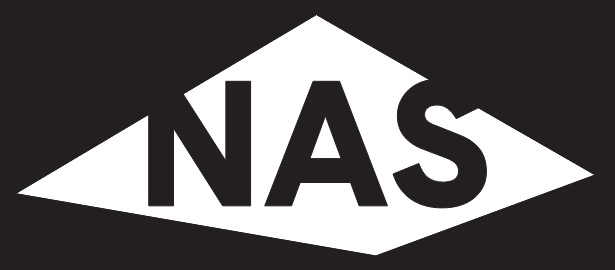

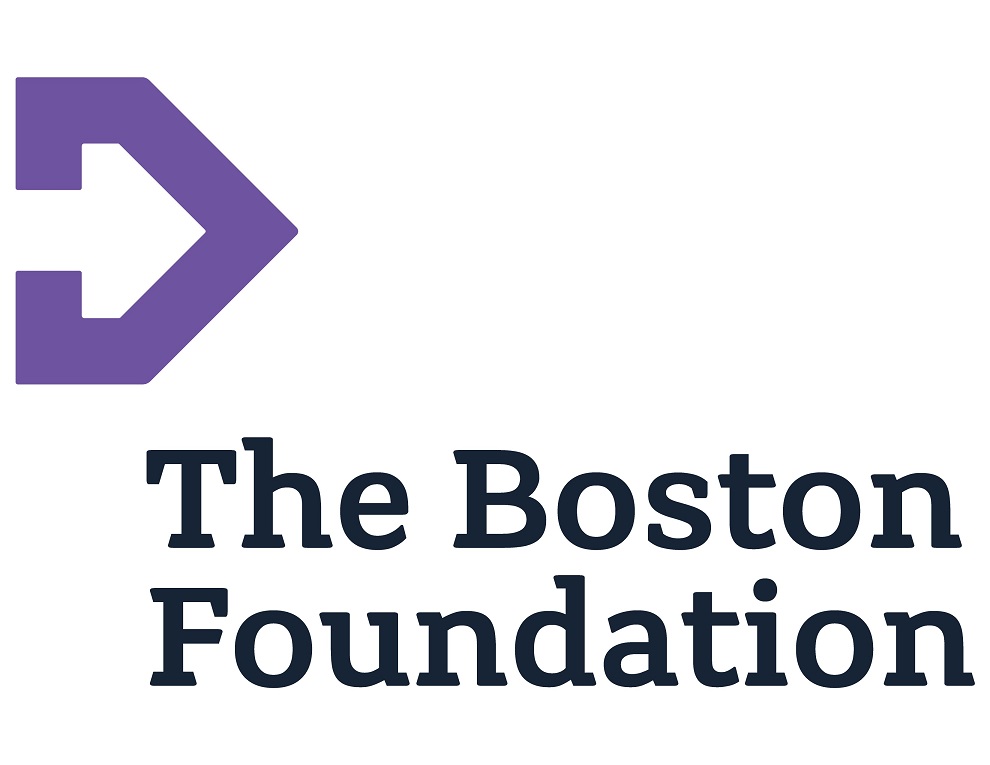
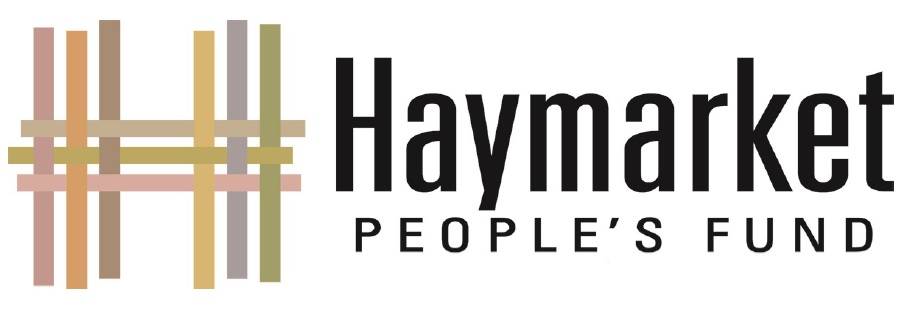
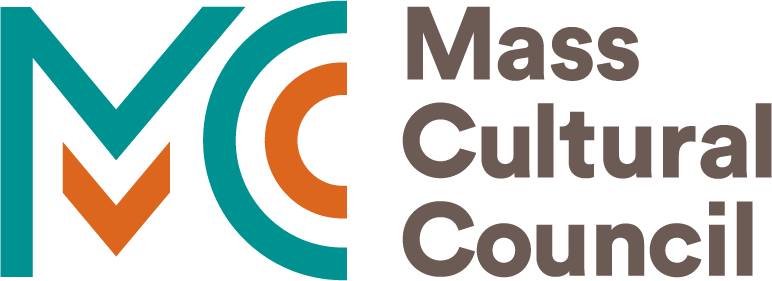
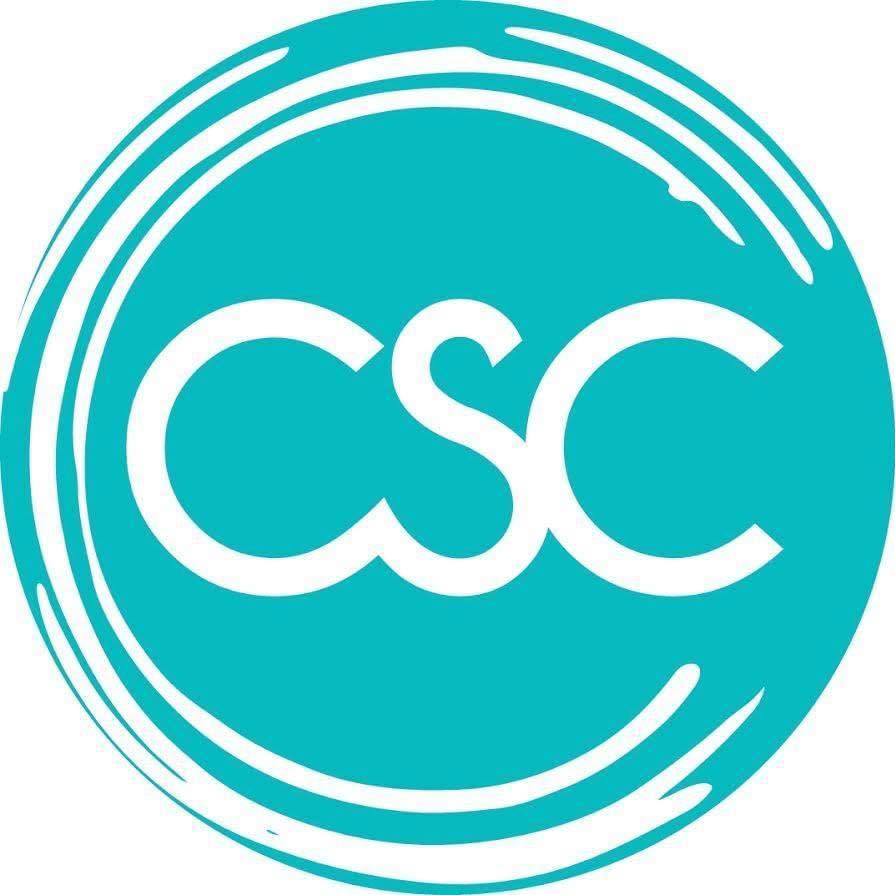
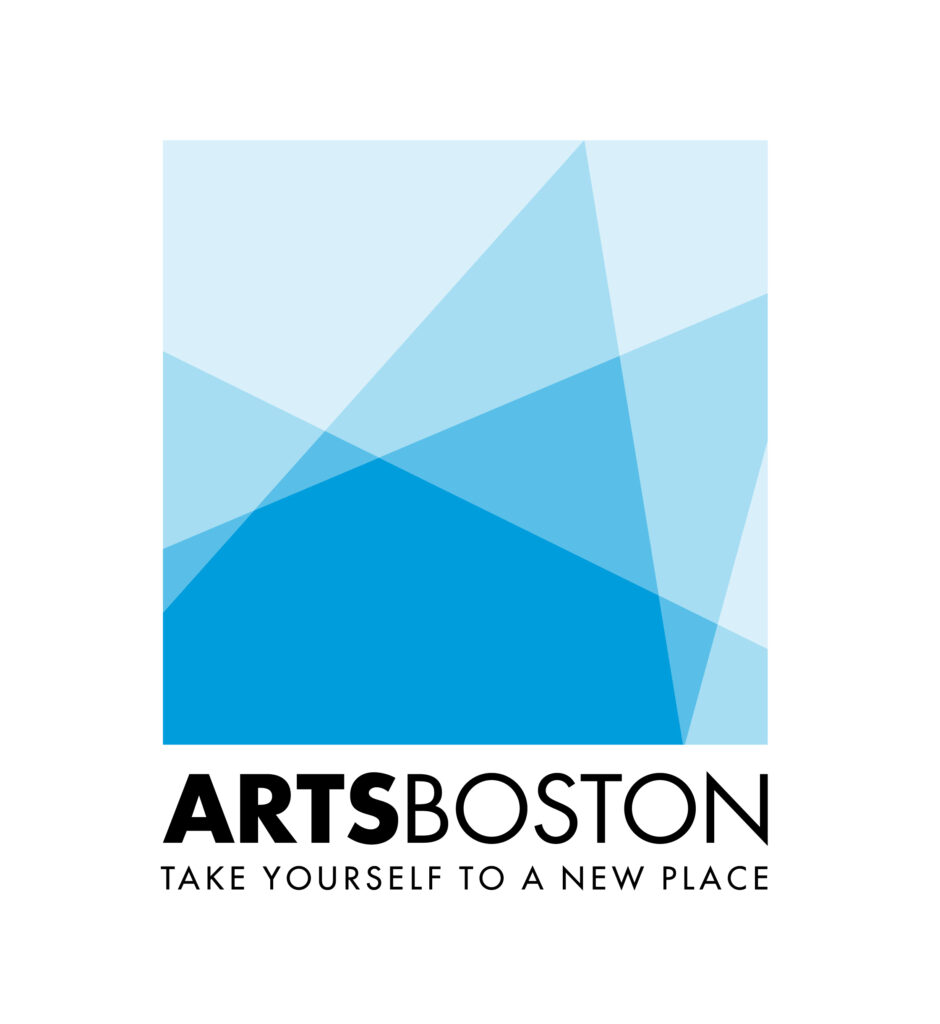
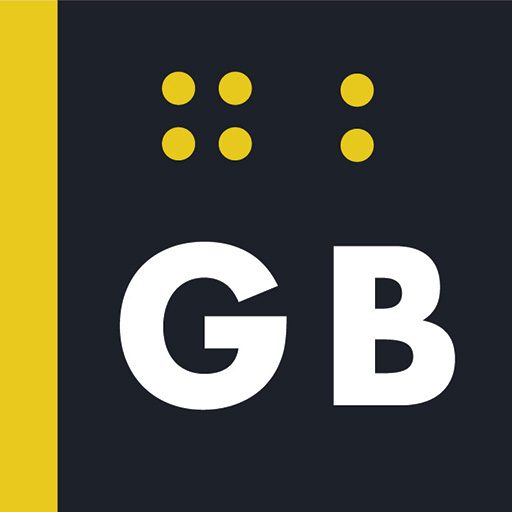

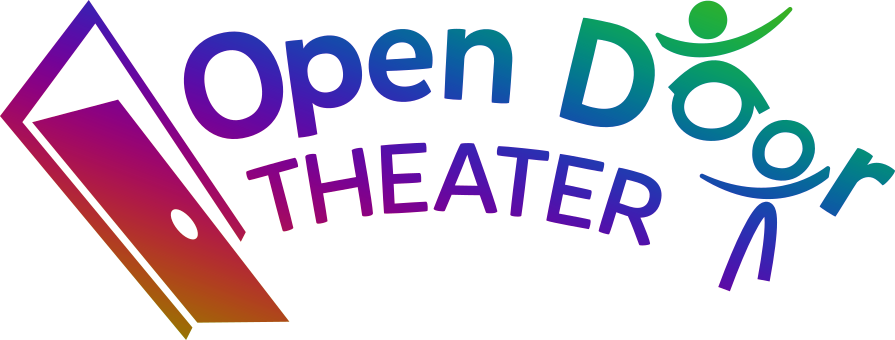

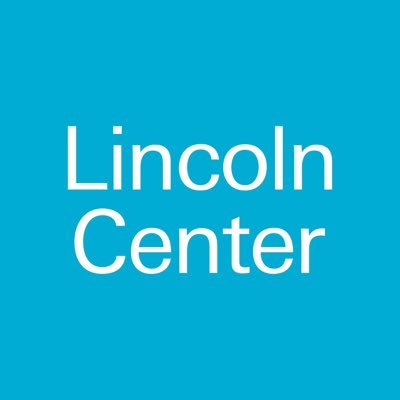
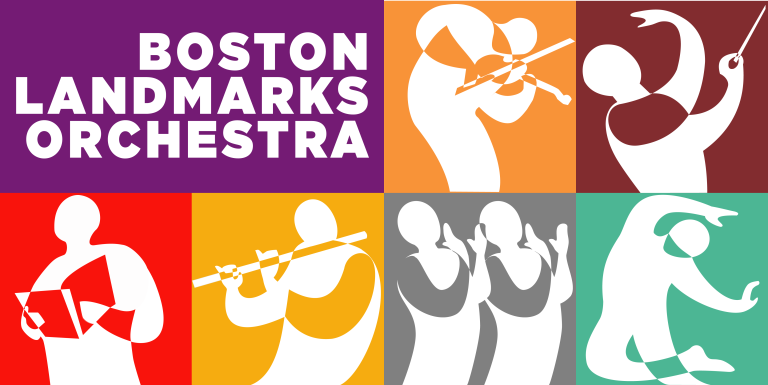
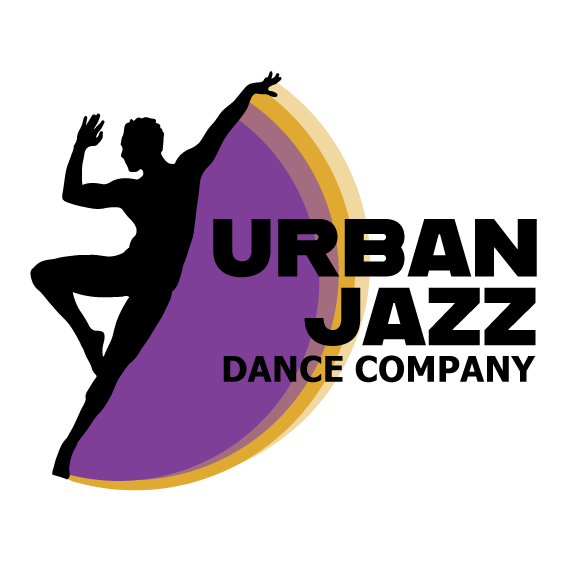

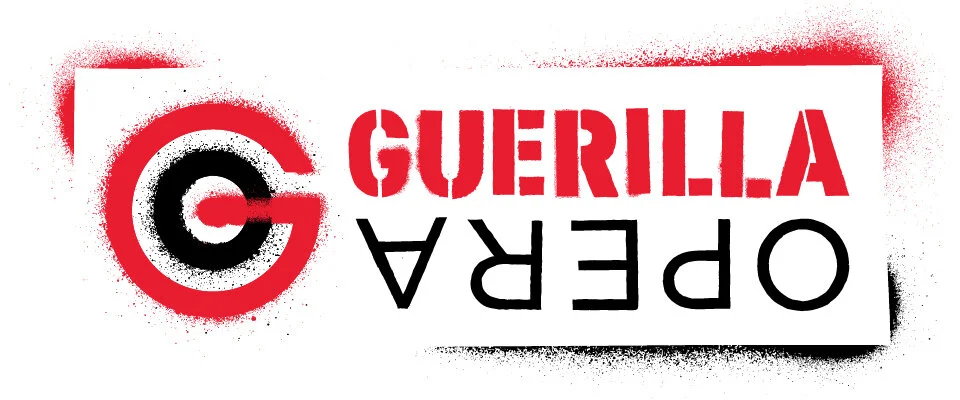

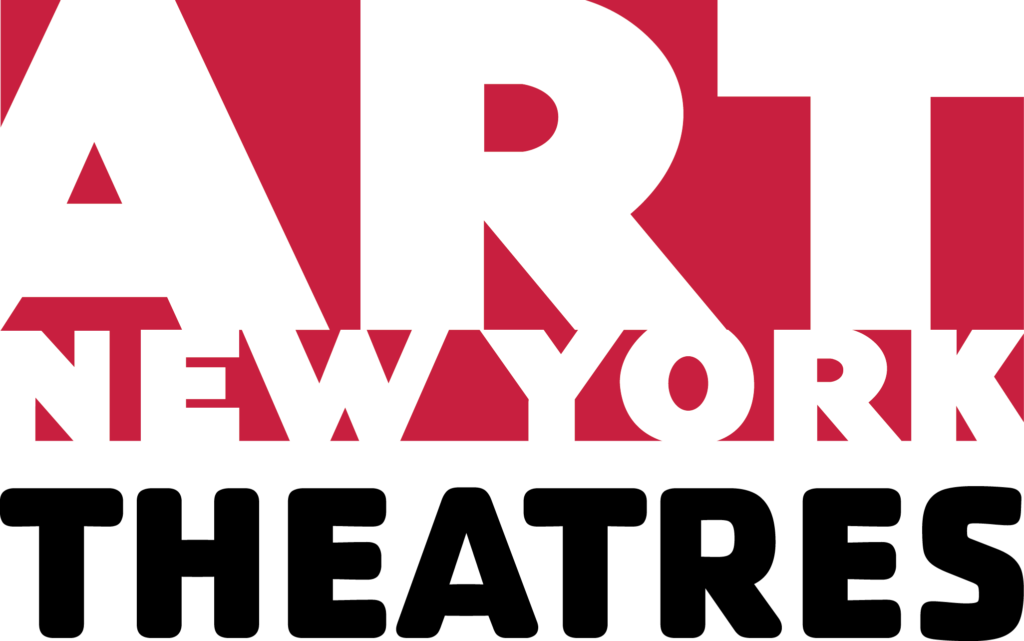

Why Vox?
The idea of Vox Populi (Latin-derived: “voice of the people”) represents those often represented by powerful institutions. In our case, the voices of the marginalized; the voices outside the central view, on the periphery of the dominant vocal population, are the people that we are and the people that we represent. Think Outside the Vox (VOX) centers the margins by amplifying, elevating, illuminating, orienting, and underscoring the needs and expectations of the Deaf/Disabled/BIPOC/AAPI/LGBTQ+ and other marginalized stakeholders in the Arts and Arts Administration. We train Arts organizations to sustainably be more inclusive, structurally and programmatically.
V
The shape of the “V” in Vox signifies the crests and troughs of a line on a heart monitor. Vox knows that at the heart of Disability Justice work is the human experience of joy. No amount of rigid accessibility compliance can bring about sustained joy. We ask our clients foremost, “What brings you joy?”
O
The representation of the letter “O” in our logo presents itself as a 2-dimensional box or a frame for visual art, if you will; any attempt to think “outside the proverbial box” is to acknowledge that there are borders, constraints, and social constructs present in our workplace in the first place. Vox works with the client to identify what Accessibility constraints are and helps them to discern what assets are readily available to the organization to mitigate those constraints.
X
The concept of Intersectional Identity (note the straight diagonal lines of the letter “X” as they intersect), not to be confused with Intersectionality as coined by Dr. Kimberlé Crenshaw, recognizes that there are practical assets and lived experiences that persons with disabilities + (insert other identities) bring to the Arts and Arts Administration table to address or solve a present problem beyond what may be apparent to onlookers.
Thinking outside the “Vox” is a method of systems thinking that allows us to measurably support and track the client’s progress toward more inclusive practices from a perspective of starting where they are at and focus less on punitive, evaluative, and ableist frames of diagnosing what the client is not able to do toward being more inclusive and accessible.
Join our mailing list!